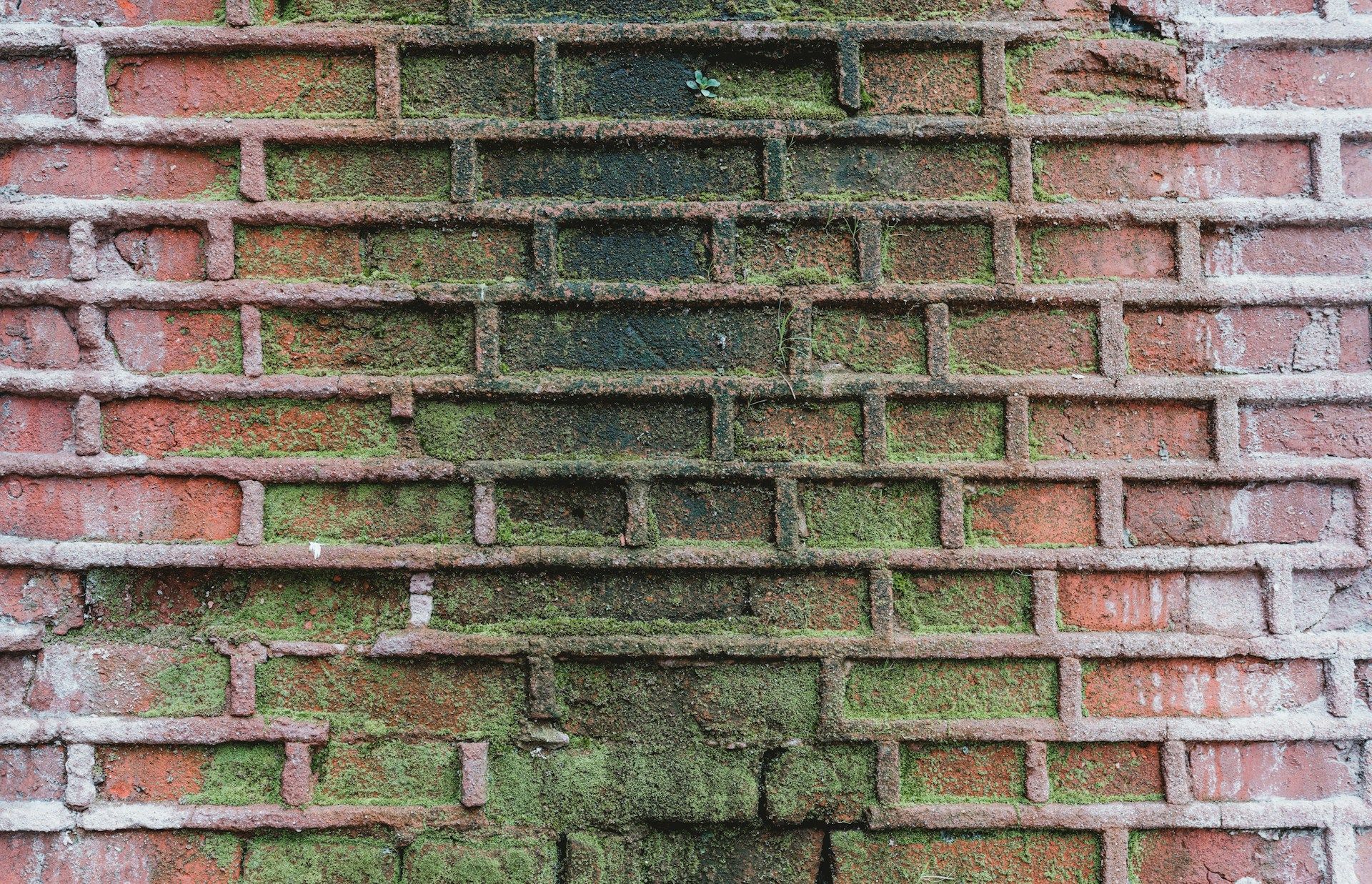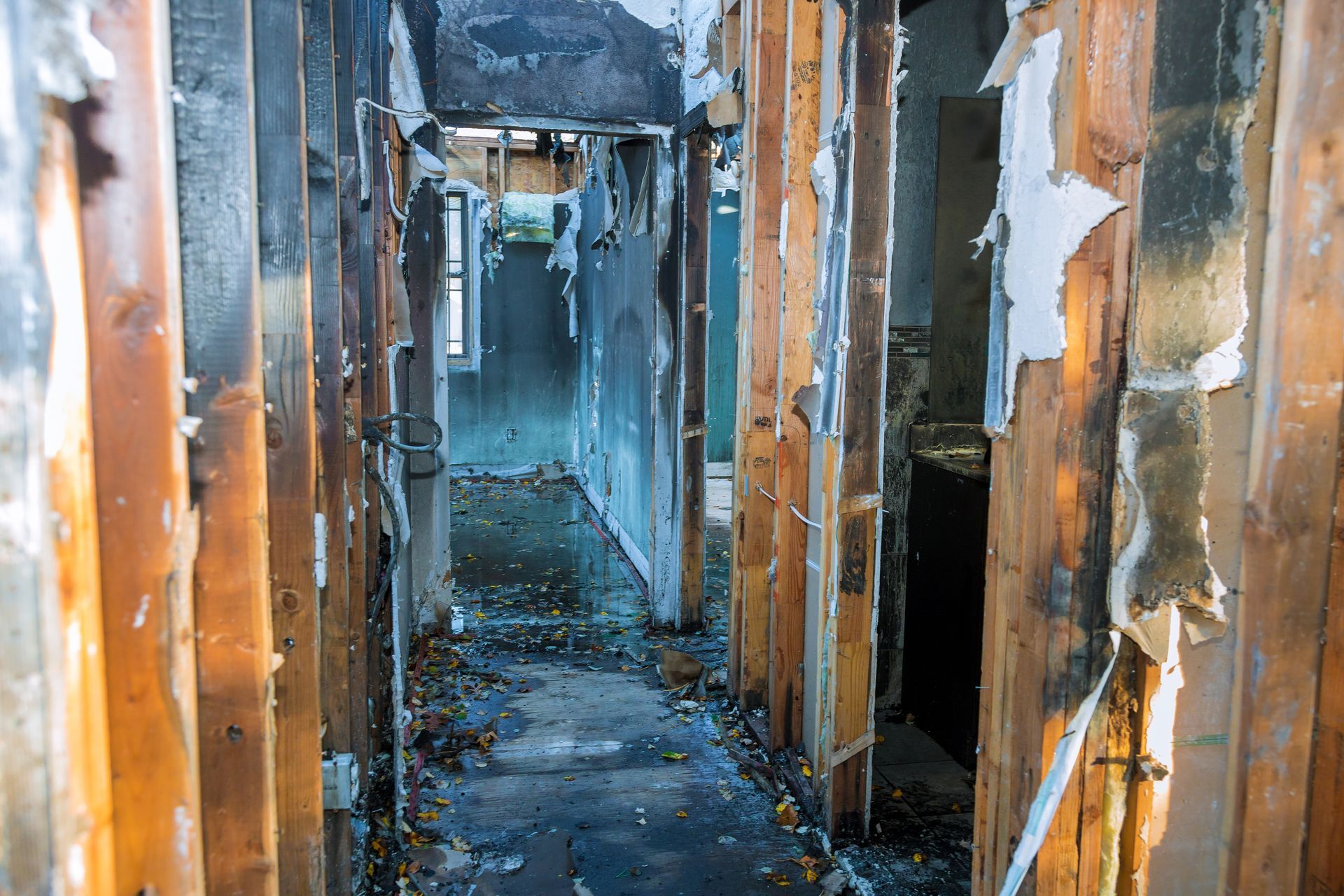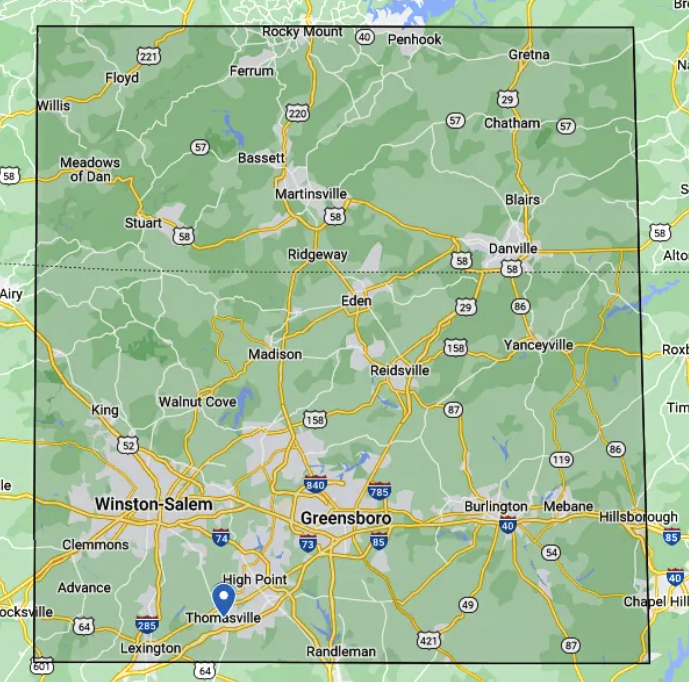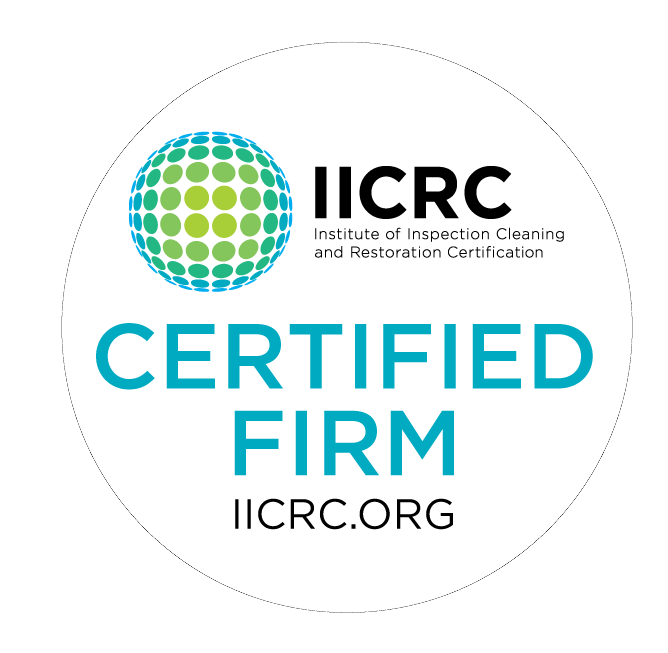Water Damage and Insurance: Everything You Need to Know
Water damage is one of those unexpected events that catches homeowners off guard. It's not only the immediate aftermath but also the looming question: "Does my insurance cover this?"
It is crucial to understand the intricacies of water damage insurance and how it intersects with the realities of home ownership. In this blog, we'll delve deep into the world of water damage insurance claims, helping you navigate the waters with confidence and clarity.
Understanding Your Insurance Policy
Before we dive into the specifics of what's typically covered and what's not, you must have a solid grasp of your insurance policy.
Here's a breakdown to guide you:
- Read the Fine Print: As tedious as it might sound, it's crucial to read your insurance policy thoroughly. Look for terms related to water damage, flooding, and other related incidents. This will give you a clear picture of your coverage limits and any exclusions.
- Know the Difference: It is essential to differentiate between water damage and flooding, as insurance policies treat them differently. While water damage might refer to sudden and accidental incidents like burst pipes, flooding typically pertains to external natural factors like heavy rainfall or overflowing rivers.
- Ask Questions: If there are aspects of your policy you need clarification on, don't hesitate to contact your insurance agent. They will clarify terms, conditions, and any potential gray areas.
- Consider Additional Coverage: Depending on where you live and the potential risks associated with your location (e.g., living in a flood-prone area), you might want to consider purchasing additional coverage. This offers added peace of mind, ensuring protection against all possible water-related incidents.
- Regularly Review Your Policy: As with all insurance policies, reviewing your coverage annually is a good practice. This lets you stay updated on any changes, assess your current coverage, and make necessary adjustments based on your home's needs.
Armed with a clear understanding of your insurance policy, you'll be better prepared to handle any water damage incidents that come your way. Knowledge is your best defense, so stay informed and proactive in safeguarding your home.
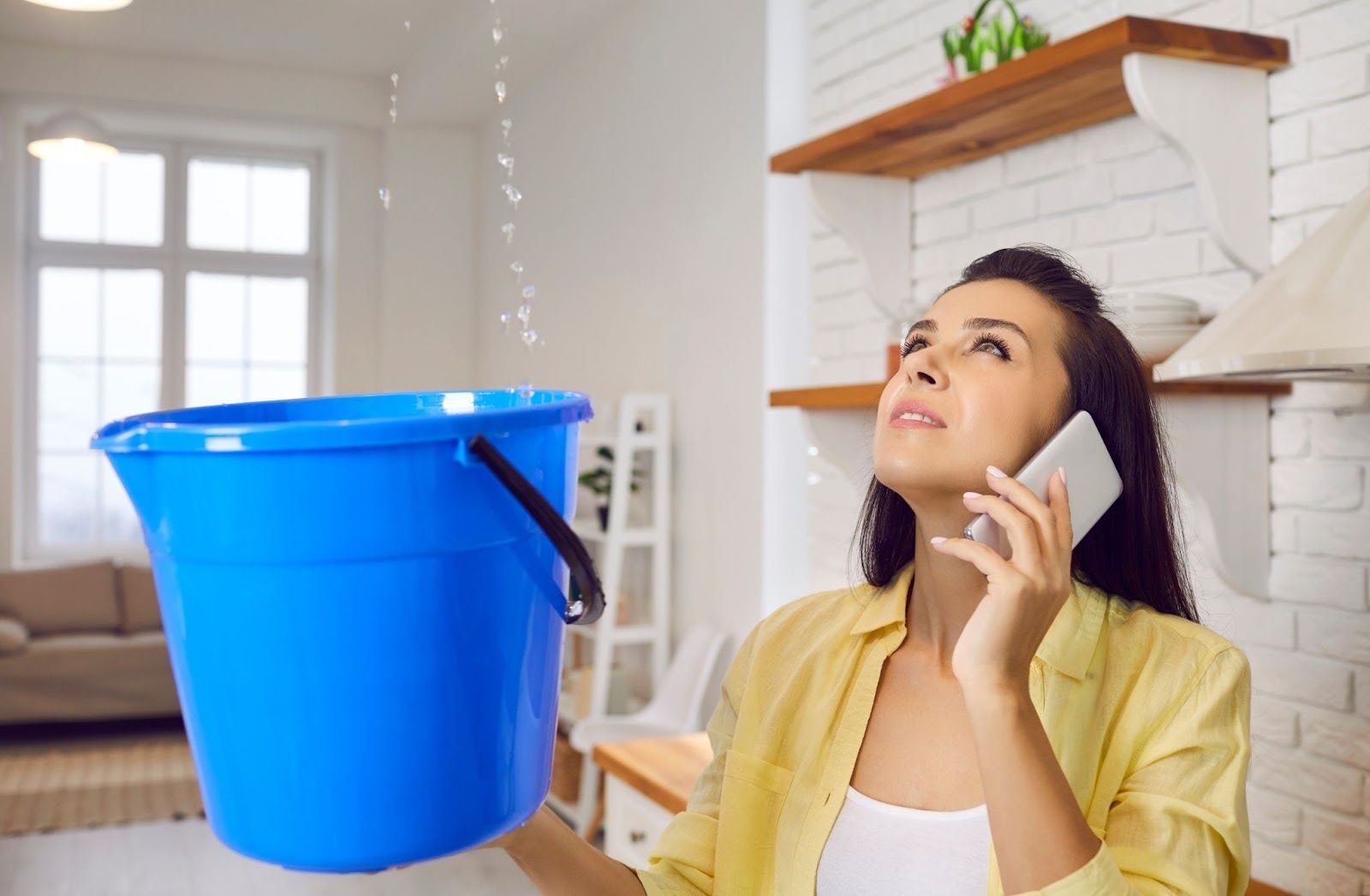
Types of Water Damage Typically Covered
Navigating the maze of water damage insurance may be overwhelming. We're here to shed some light on the most common types of water damage typically covered by standard homeowner's insurance policies.
Knowledge is power, and understanding these nuances will save you a lot of stress down the road.
- Natural Disasters: Mother Nature is unpredictable, but thankfully, many insurance policies have got you covered. Events like hurricanes, heavy rain, or storms that lead to water damage inside your home are generally included in standard policies. However, it's essential to note that while damage from the rain might be covered, flooding from rising waters often isn't (more on that later).
- Internal Damages: These are the unexpected mishaps that occur within the confines of your home. Think burst pipes, malfunctioning appliances, or an overflowing sink. If water damage arises from such incidents, your insurance policy will likely come to the rescue.
- Accidental Leaks: We've all had those "Surprise!" moments. Whether it's a leaky roof after a heavy downpour or a surprise leak in the basement, accidental and unforeseen leaks that aren't due to negligence are typically covered.
While it's great to know what's covered, it's equally crucial to understand what generally isn't.
Let's dive into that next.
Types of Water Damage Not Typically Covered
Alright, let's tackle the flip side of the coin. While your water damage insurance policy covers a range of scenarios, there are certain situations where you might find yourself on your own. Being aware of these will help you take preventive measures and consider additional coverage if needed.
- Negligence: This one's a tough pill to swallow. Insurance companies might not cover the costs if water damage results from a lack of maintenance or ignoring necessary repairs. Regular home check-ups usually prevent such situations.
- External Flooding: Remember when we mentioned rain damage might be covered, but flooding often isn't? Flooding from external sources like rivers, lakes, or heavy rainfall that leads to rising water levels typically requires a separate flood insurance policy.
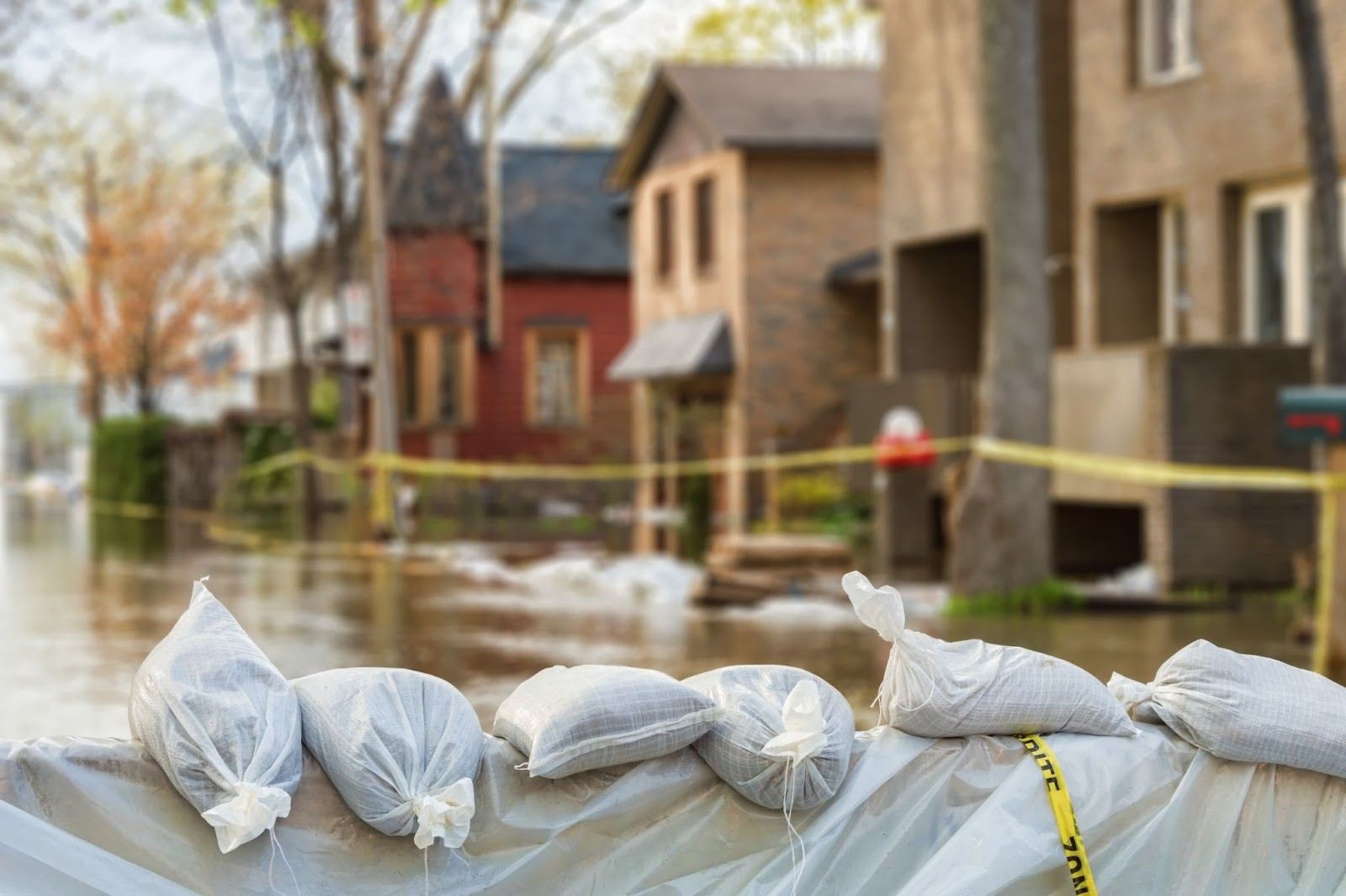
- Ground Seepage: Water has a sneaky way of finding its way into places it shouldn't. If water seeps into your home from the ground, say, due to a high water table or other reasons, it's often not covered by standard policies.
- Sewer Backup: It's as unpleasant as it sounds. If your sewer backs up and causes water damage, you'll likely need specific sewer backup coverage, as most standard policies don't cover this scenario.
The key takeaway here is to be proactive. Familiarize yourself with the specifics of your regular home and water damage insurance policy, and consider additional coverage if you feel there are gaps.
When in doubt, reaching out to your insurance agent for clarity is always a good move. Making an informed water damage insurance claim starts with understanding the ins and outs of your coverage. Stay informed and stay protected!
Making a Successful Water Damage Insurance Claim
Let's say you've unfortunately found yourself in a situation where you need to make a water damage insurance claim. First off, take a deep breath. While it might seem daunting, you will navigate this process smoothly with the right approach and knowledge.
Here's a step-by-step guide to help you make a successful water damage insurance claim:
- Immediate Action: Time is of the essence. As soon as you notice water damage, take immediate steps to prevent further damage. This might include turning off the water source, moving valuables to a dry area, or using buckets to collect dripping water.
- Document Everything: Before you start any cleanup, document the damage. Take clear photos and videos from multiple angles. This will be crucial evidence when you file your claim.
- Notify Your Insurance Company: Contact your insurance company as soon as possible. They'll guide you on the next steps, provide you with a claim number, and might even recommend water damage restoration professionals.
- Keep Records: From repair receipts to communication with your insurance company, keep a record of everything. This will be invaluable when making your water damage insurance claim.
- Work with Professionals: Consider hiring professionals who specialize in water damage restoration. They provide expert assessments, which are beneficial when dealing with your insurance company.
- Understand Your Policy: Revisit your insurance policy to understand what's covered and what's not. This will give you a clearer picture of what to expect during the claim process.
- Stay Proactive: Engage in open communication with your insurance company throughout the claim process. Ask questions, seek clarifications, and ensure you're on the same page.
Tips for Preventing Water Damage
Prevention is always better than cure. While we've discussed how to handle water damage and make a successful claim, let's pivot to some proactive measures to prevent water damage in the first place:
Regular Inspections: Make it a habit to inspect your home regularly. Check for leaky faucets, pipes, and appliances. Ensure your roof is in good condition and your gutters are clean and debris-free.
Install Water Sensors: Consider installing water sensors in areas prone to water damage, like basements or near appliances. These sensors alert you to moisture, allowing you to take immediate action.
Know Your Water Main: Familiarize yourself with the location of the main water shut-off in your home. In case of a major leak, you can turn off the water supply quickly.
Maintain Your Appliances: Regularly inspect and maintain appliances that use water, such as washing machines, dishwashers, and refrigerators. Check for any signs of wear and tear, especially in hoses and connections.
Landscaping Matters: Ensure your home's landscaping directs water away from the foundation. This helps prevent potential seepage and flooding.
Stay Informed: Knowledge is power. Stay updated on weather forecasts, especially if heavy rainfall or storms are predicted. This will allow you to take preventive measures in advance. While water damage is a challenging ordeal, being well-equipped with the right knowledge and taking proactive measures makes a world of difference. Remember, your home is an investment, and with a bit of care and attention, you can ensure it remains in tip-top shape for years to come.
Stay informed, stay vigilant, and always prioritize the well-being of your home and loved ones.
Managing Water Damage with Pro-Care Restoration
Water damage is a formidable adversary in the unpredictable world of home ownership. That’s why having the right knowledge and a trusted partner to navigate these challenges makes all the difference.
Pro-Care Restoration stands as a beacon of hope for homeowners facing the aftermath of
water damage. With our expertise, state-of-the-art equipment, and a commitment to excellence, we will ensure that your home is restored to its former glory.
Whether it's a minor leak or extensive flooding, Pro-Care Restoration's team of professionals is equipped to handle it all. We understand the emotional and financial toll water damage takes, and we’re dedicated to providing swift, effective solutions that minimize disruption and maximize peace of mind.
If you find yourself grappling with water damage, don't hesitate to reach out to the experts at Pro-Care Restoration.
Ready to safeguard your home and ensure it's in the best hands? Visit Pro-Care Restoration today and discover a world of professional care tailored to your needs.
Your home deserves the best; with Pro-Care Restoration, that's what you'll get. Contact us on
our website or call us at
336-443-6271.
Serving North Carolina
& Southern Virginia
Eden, NC
Madison, NC
Yanceyville, NC
Reidsville, NC
Walnut Cove, NC
King, NC
Winston-Salem, NC
Greensboro, NC
Burlington, NC
Mebane, NC
Hillsborough, NC
Clemmons, NC
Advance, NC
High Point, NC
Thomasville, NC
Lexington, NC
Randleman, NC
Rocky Mount, VA
Penhook, VA
Floyd, VA
Ferrum, VA
Gretna, VA
Willis, VA
Chatham, VA
Meadows of Dan, VA
Bassett, VA
Martinsville, VA
Blairs, VA
Stuart, VA
Ridgeway, VA
Danville, VA



